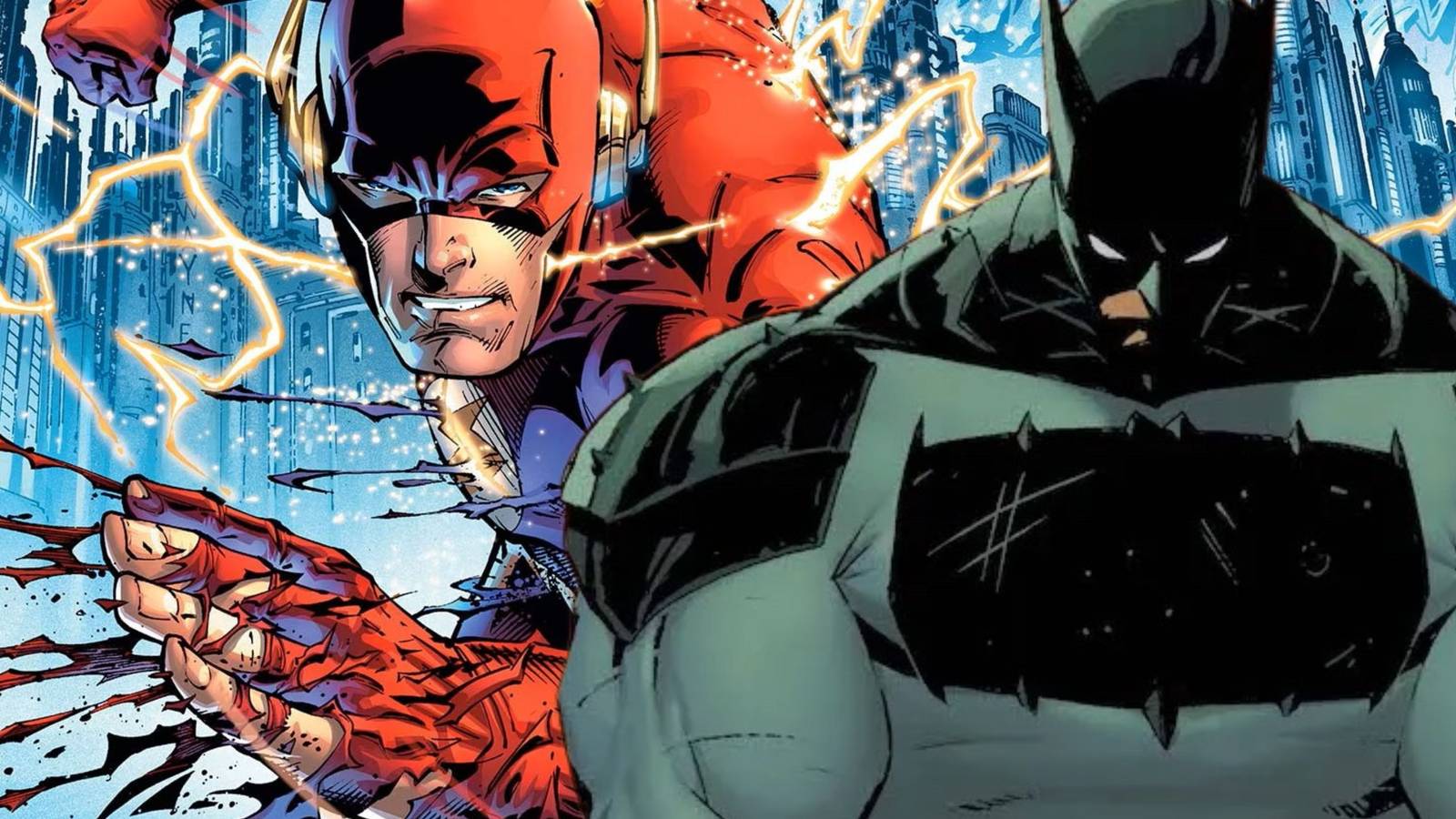I mean, yes and no? I agree that it’s a criticism you can extend to many superhero comics - Cap never beats the Red Skull either - but it’s more or less unique to the two big superhero universes, which insist on going on forever (nearly a century now and counting) with their characters rather than letting them age, retire, and die, and getting new ones. Pretty much every other form of serialised fiction, superhero or otherwise, doesn’t do this, often because of real-world limitations (ages of actors, a single ageing writer, etc). Marvel and DC are also required to maintain sales every year or even every month, so popular characters are never allowed to stop and have to be brought back every few years to relive their greatest hits for the audience, like zombie Rolling Stones.I mean...it's serialized superhero fiction. I doesn't make logical real-world sense. It's not supposed to. It's the whole "why doesn't Gandalf use the Eagles to fly the ring to Mount Doom on page 5 of Lord of the Rings" problem, i.e. it's a story and follows story logic. It's not a game, it doesn't follow gamer logic. To me that's a feature not a bug. The closer games can get to working like actual stories work, the better.
Batman is particularly bad because it’s never really come to terms with its basic premise and how it engages with the realities of crime and society, and it only has about three stories which are trotted out anew with the same old characters every so often. It’s entirely believable that Gotham (at least the bits we see, hopefully not the entire population of 8 million or whatever) is actually in Hell and Bruce is being punished by some supernatural force. It’s all as depressing as heck.








